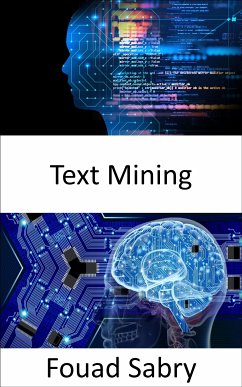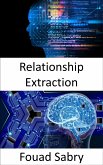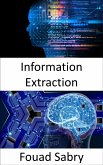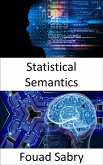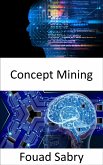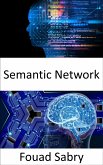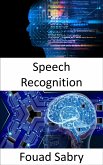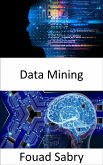What Is Text Mining
Text mining, also known as text data mining (TDM) or text analytics, is the technique of extracting useful information from text. Related terms include text data mining (TDM) and text analytics. It is "the discovery by computer of new, previously unknown information by automatically extracting information from various written resources," according to one definition of the term. Websites, books, emails, reviews, and articles are all examples of written materials that may be utilized. Typically, the best way to acquire high-quality information is to construct patterns and trends through the use of methods such as statistical pattern learning. According to Hotho et al. (2005), we are able to differentiate between three distinct perspectives of text mining. These perspectives are information extraction, data mining, and a process known as knowledge discovery in databases (KDD). Text mining often entails the process of structuring the text that is input, determining patterns within the data that has been structured, and then lastly evaluating and interpreting the result of the mining process. When discussing text mining, the term "high quality" typically relates to some combination of the concepts of relevance, novelty, and interest. Text categorization, text clustering, concept/entity extraction, generation of granular taxonomies, sentiment analysis, document summarizing, and entity relation modeling are all examples of typical text mining activities.
How You Will Benefit
(I) Insights, and validations about the following topics:
Chapter 1: Text Mining
Chapter 2: Natural Language Processing
Chapter 3: Data Mining
Chapter 4: Information Extraction
Chapter 5: Semantic Similarity
Chapter 6: Unstructured Data
Chapter 7: Biomedical Text Mining
Chapter 8: Sentiment Analysis
Chapter 9: Word Embedding
Chapter 10: Social Media Mining
(II) Answering the public top questions about text mining.
(III) Real world examples for the usage of text mining in many fields.
(IV) 17 appendices to explain, briefly, 266 emerging technologies in each industry to have 360-degree full understanding of text mining' technologies.
Who This Book Is For
Professionals, undergraduate and graduate students, enthusiasts, hobbyists, and those who want to go beyond basic knowledge or information for any kind of text mining.
Text mining, also known as text data mining (TDM) or text analytics, is the technique of extracting useful information from text. Related terms include text data mining (TDM) and text analytics. It is "the discovery by computer of new, previously unknown information by automatically extracting information from various written resources," according to one definition of the term. Websites, books, emails, reviews, and articles are all examples of written materials that may be utilized. Typically, the best way to acquire high-quality information is to construct patterns and trends through the use of methods such as statistical pattern learning. According to Hotho et al. (2005), we are able to differentiate between three distinct perspectives of text mining. These perspectives are information extraction, data mining, and a process known as knowledge discovery in databases (KDD). Text mining often entails the process of structuring the text that is input, determining patterns within the data that has been structured, and then lastly evaluating and interpreting the result of the mining process. When discussing text mining, the term "high quality" typically relates to some combination of the concepts of relevance, novelty, and interest. Text categorization, text clustering, concept/entity extraction, generation of granular taxonomies, sentiment analysis, document summarizing, and entity relation modeling are all examples of typical text mining activities.
How You Will Benefit
(I) Insights, and validations about the following topics:
Chapter 1: Text Mining
Chapter 2: Natural Language Processing
Chapter 3: Data Mining
Chapter 4: Information Extraction
Chapter 5: Semantic Similarity
Chapter 6: Unstructured Data
Chapter 7: Biomedical Text Mining
Chapter 8: Sentiment Analysis
Chapter 9: Word Embedding
Chapter 10: Social Media Mining
(II) Answering the public top questions about text mining.
(III) Real world examples for the usage of text mining in many fields.
(IV) 17 appendices to explain, briefly, 266 emerging technologies in each industry to have 360-degree full understanding of text mining' technologies.
Who This Book Is For
Professionals, undergraduate and graduate students, enthusiasts, hobbyists, and those who want to go beyond basic knowledge or information for any kind of text mining.
Dieser Download kann aus rechtlichen Gründen nur mit Rechnungsadresse in A, B, BG, CY, CZ, D, DK, EW, E, FIN, F, GR, H, IRL, I, LT, L, LR, M, NL, PL, P, R, S, SLO, SK ausgeliefert werden.

